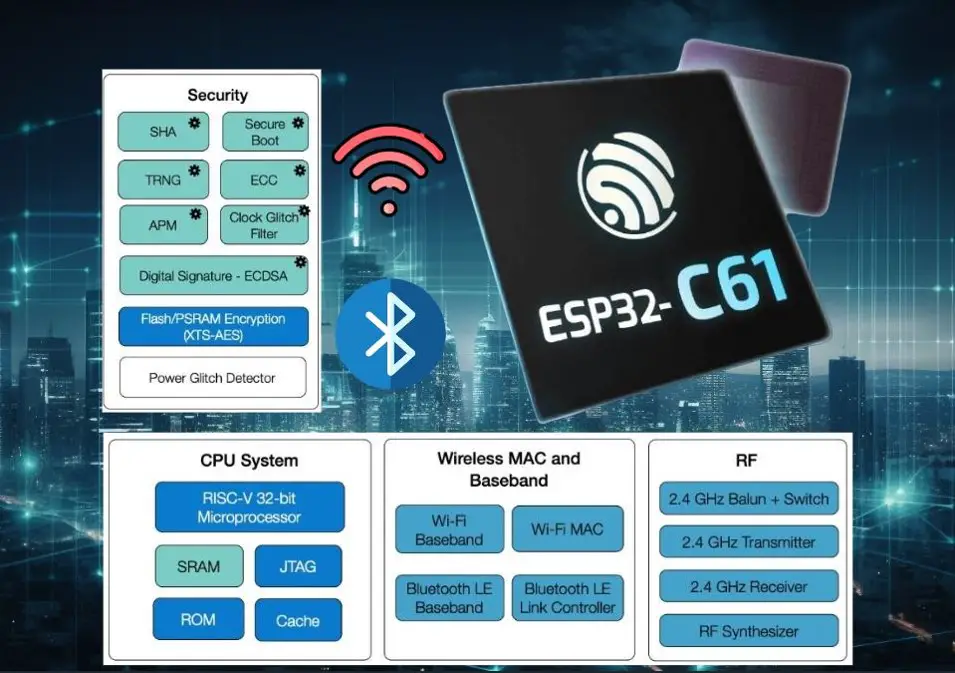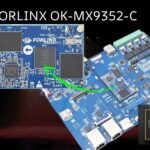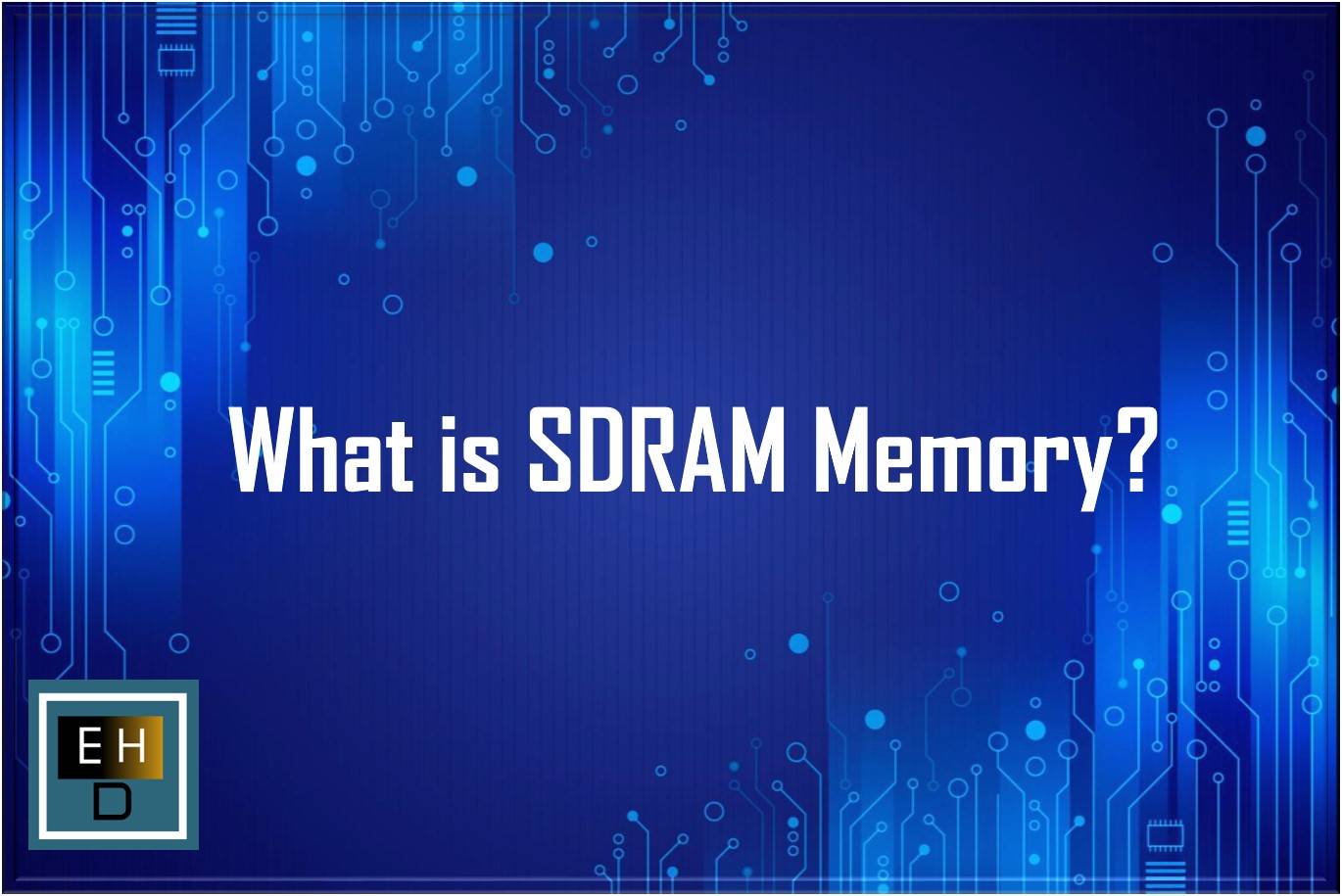Expressif has recently announced the ESP32-C61 System-on-Chip (SoC), igniting a notable surge in demand for Wi-Fi 6. This cutting-edge SoC boasts enhanced peripherals, improved connectivity, and expanded memory options. The ESP32-C61 has been unveiled as a solution that delivers cost-effective Wi-Fi 6 connectivity, along with support for BLE mesh 1.1. It runs on a 32-bit RISC-V inbuilt MCU, making it a powerful, more secure, and versatile addition to the world of IoT connectivity.

The Wi-Fi 6 support in this SoC is designed with a focus on cost-effective IoT applications. The 802.11ax mode, optimized for IoT devices, features a 20MHz bandwidth for 802.11ax mode and a 20/40MHz bandwidth for 802.11b/g/n mode. Advanced capabilities like OFDMA, MU-MIMO, and a Target Wake Time function ensure reliable and low-latency connections, making it ideal for low-cost IoT deployments.
Moreover, the Bluetooth 5 (LE) radio enhances the SoC’s capabilities, supporting long-range operation through advertisement extension and coded PHY, with a high throughput PHY of 2 Mbps. The inclusion of the BLE-Mesh 1.1 protocol further expands possibilities for IoT applications.
In terms of processing power, the ESP32-C61 boasts a single-core, 32-bit RISC-V microcontroller clocked up to 160 MHz. Its 320KB on-chip SRAM, 256KB ROM, and compatibility with Quad SPI flash provide a robust foundation. Notably, the SoC introduces support for PSRAM with Quad SPI of up to 120MHz, liberating developers from memory optimization concerns during application development. This larger memory capacity also ensures better future-proofing for upgrades, making the ESP32-C61 a cost-effective solution for evolving IoT needs.”
Following Espressif’s core principles, ESP32-C61 places a significant emphasis on cost-effective security solutions, integrating advanced features to enhance the protection of IoT applications. Noteworthy security elements include secure boot, flash and PSRAM encryption, cryptographic accelerators, and a dedicated ECDSA-based Digital Signature Peripheral, ensuring the safeguarding of private keys against unauthorized software access.
The ESP32-C61 introduces a Trusted Execution Environment (TEE) through the implementation of Access Permission Management (APM) hardware blocks and Physical Memory Protection (PMP). These features contribute to flexible application security management, addressing various aspects of IoT security.
In terms of IoT security, a comprehensive approach involves the integration of various protective measures. Secure Boot ensures the prevention of unauthorized firmware modifications, safeguarding the device’s functionality and sensitive data.
Flash/PSRAM Encryption acts as a shield for critical information, such as device configurations and user data, shielding it from malicious actors.
Cryptographic Accelerators, including SHA and ECC, play a crucial role in implementing secure communication protocols, ensuring data confidentiality and integrity within IoT networks.
The True Random Number Generator (TRNG) enhances cryptographic key generation, a vital component for secure communication and data protection.
Access Permission Management (APM) and Physical Memory Protection (PMP) restrict access to crucial parts of the device’s memory, fortifying against unauthorized manipulation and enhancing overall system security.
The Clock Glitch Filter provides an additional layer of protection against timing-based attacks, mitigating certain types of security threats.
An ECDSA-Based Digital Signature Peripheral secures device identity and authentication in IoT networks, preventing unauthorized entities from masquerading as legitimate devices.
The Power Glitch Detector acts as a vigilant guardian, detecting potential physical attacks on the device and triggering appropriate security measures to protect against unauthorized access.
Together, these features form a robust security framework for IoT devices, addressing various potential vulnerabilities and ensuring a resilient defense against diverse security threats.
As per the latest update by Expressif ESP32-C61, incorporates standard microcontroller peripherals such as I2C, I2S, SPI, UART, LED-PWM, ADC, Timers, and DMA similar to ESP32-C2 and ESP32-C3. ESP32-C61 also features specialized peripherals like the Event Task Matrix for automation-triggered tasks and the Zero-crossing comparator for convenient zero-crossing detection.
Supported by Espressif’s well-established IoT Development Framework (ESP-IDF), ESP32-C61 leverages the familiarity of our customers with this field-proven platform, which already powers millions of connected devices. The ESP-Matter-SDK extends support for ESP32-C61, enabling the creation of Matter-enabled products.
The inclusion of PSRAM enhances the ease of development and broadens the range of applications that can be accommodated on this exceptional product. For customers interested in utilizing ESP32-C61 as a communication co-processor with an external host, ESP-Hosted and ESP-AT firmware options will also be made available.
Author Profile
- 20+ years embedded hardware design professional with a burning passion for teaching. Sharing the intricate world of embedded hardware is my mission and joy.
Latest entries
 Tech Updates17 July 2024Meet the Future of Industrial Connectivity -Sona™ IF573 Wi-Fi 6/6E Module From Ezurio
Tech Updates17 July 2024Meet the Future of Industrial Connectivity -Sona™ IF573 Wi-Fi 6/6E Module From Ezurio How To15 July 2024Forlinx OK-MX9352-C – A Versatile Powerhouse SBC for Diverse Applications
How To15 July 2024Forlinx OK-MX9352-C – A Versatile Powerhouse SBC for Diverse Applications Communication8 July 2024Ethernet Cable – Twisted-Pair Cable Types Explained
Communication8 July 2024Ethernet Cable – Twisted-Pair Cable Types Explained Communication23 June 2024Ethernet PCB Layout Design Guidelines
Communication23 June 2024Ethernet PCB Layout Design Guidelines











